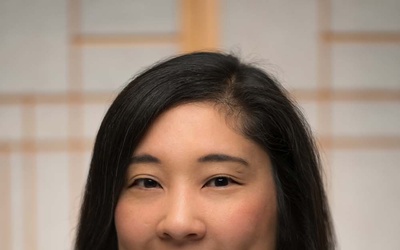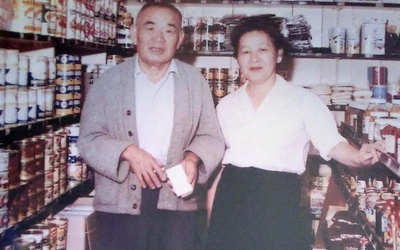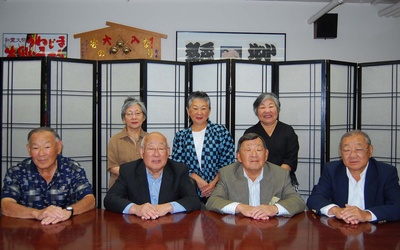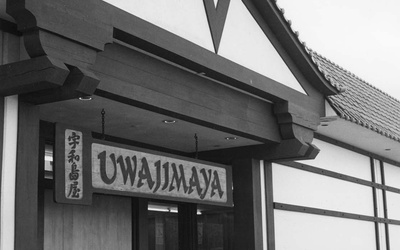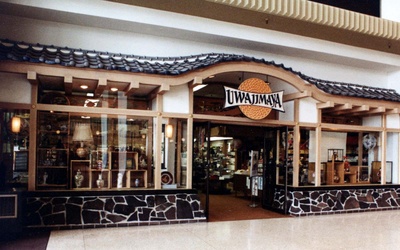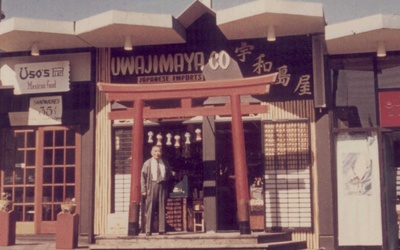The Uwajimaya Story
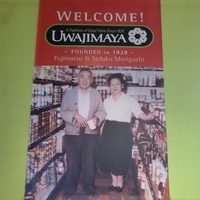
Uwajimaya is a food supermarket based in Seattle, Washington, USA, and is known to everyone. It started as a small family-run store in 1928 (Showa 3), and will celebrate its 90th anniversary in 2018. While many Japanese stores that once stood there have disappeared over the years, we explore the history and secrets of how the Moriguchi family has continued to grow and thrive.
Stories from this series
Final episode: Passed on to a new generation
Oct. 12, 2018 • Ryusuke Kawai
Dennis Moriguchi as CEO In 1868 (the first year of the Meiji era), a group of Japanese emigrated overseas for the first time. Their destination was Hawaii. 150 years have passed since then, and we are now in an era where fourth and fifth generation Japanese Americans are being born in Hawaii and on the American mainland. It has been more than 90 years since Fujimatsu Moriguchi, who came to America (Tacoma, Washington) relatively late for a first-generation Japanese family, …
No. 20 The power of mothers who connected families
Sept. 28, 2018 • Ryusuke Kawai
Uwajimaya has grown through the solidarity of the Moriguchi family, but what created that solidarity was the love each family had for their family business, and the compassion of their seven children for their parents, the founders Fujimatsu and Sadako Moriguchi. On the other hand, it seems that the parents, especially Sadako's mother, played a major role in holding the family together. The life of first-generation immigrants who came to America to earn money is often a continuous struggle. The …
#19 Family Unity, Harmony among Seven
Sept. 14, 2018 • Ryusuke Kawai
Around the time of moving to King Street in 1970, the Moriguchi family's Uwajimaya diversified beyond retail sales. In 1966, they started a food wholesale division. They named the store Seasia, derived from Seattle Asia. The company sold imported goods from Japan and other Asian countries to supermarkets and other stores that handled Asian foods, as well as restaurants. This division was run by Moriguchi's third son Akira and fourth son Toshi (Toshikatsu). The business gained momentum and expanded when …
Part 18: Relocation and Expansion
Aug. 24, 2018 • Ryusuke Kawai
In the unity of the family After the death of the founder, Fujimatsu Moriguchi, the second son Tomio became president of Uwajimaya, and the four brothers, Kenzo, Akira, and Toshi, expanded the business. The opening of a store at the 1962 World Expo was a major factor in expanding the customer base beyond Japanese and Asians. The store responded to diverse needs by holding cooking classes for Asian cuisine and stocking products from Asian countries other than Japan, such as …
Part 17: Incorporation and the birth of the second generation
Aug. 10, 2018 • Ryusuke Kawai
Uwajimaya opened a store at the Seattle World's Fair held from spring to fall of 1962. Despite being a small store of only a few square meters, it was successful and attracted many customers. However, in the middle of this period, the head of the Moriguchi family, founder Fujimatsu Moriguchi, passed away at the age of 64. His funeral was held at a branch temple of the Jodo Shinshu sect in the city, and was attended by about 900 people. …
The 16th World Expo was a success. Fujimatsu passed away.
July 27, 2018 • Ryusuke Kawai
In September 1950, five years after the end of the war, the Pacific route connecting Japan and Seattle was reopened, and the following year the San Francisco Peace Treaty (Treaty of Peace with Japan) was signed, and Japan regained its independence. Trade and exchange between the two countries also progressed, and in 1960, spectacular events were held in both Japan and the United States to commemorate the 100th anniversary of the establishment of amity and commerce between the two countries. …

